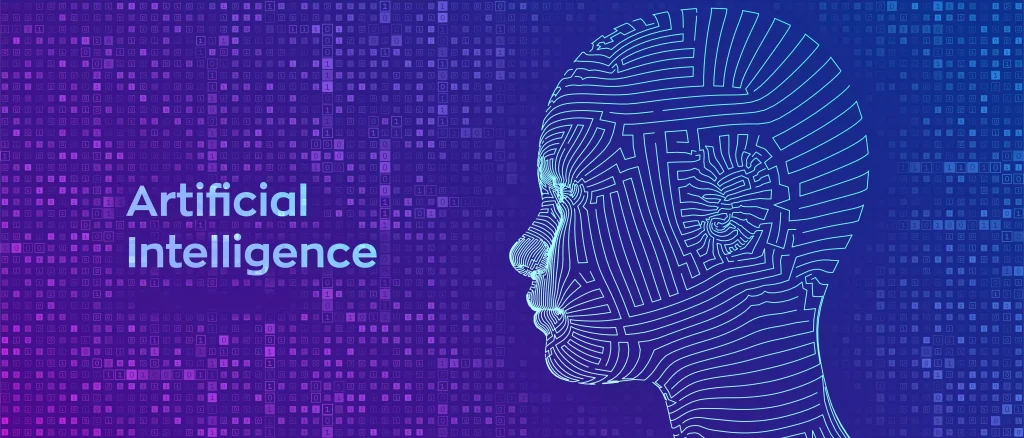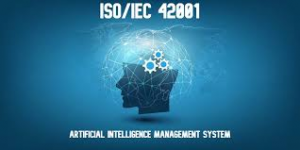Artificial Intelligence (AI) continues to revolutionize a number of industries, from cybersecurity to construction, Finance, Law etc. However, with great power comes great responsibility. As AI becomes more integrated into our daily operations, it is absolutely essential for business leaders and IT professionals to understand both the advantages and potential pitfalls. Equally important is the role of governance and regulations like ISO 42001 in ensuring these technologies are implemented ethically and sustainably.




What are the Pros and Cons of AI?
Pros of Artificial Intelligence
- Efficiency and Automation: AI streamlines processes, reducing the need for human intervention in routine tasks. This ultimately leads to enhanced productivity and operational efficiency.
- Enhanced Decision-Making: AI algorithms analyze vast amounts of data to provide actionable insights, aiding in more informed decision-making.
- Accuracy: With machine learning, AI systems can achieve higher accuracy levels in tasks such as data entry and predictive analytics, minimizing human error.

Cons of Artificial Intelligence
- Job Displacement: Automation risks making certain job roles obsolete, leading to unemployment concerns.
- Bias and Discrimination: AI systems can inherit biases present in their training data, leading to unfair or discriminatory outcomes.
- Security Risks: As AI systems become more complex, they may become targets for cyber attacks, necessitating robust security measures.
Importance of Governance
Governance ensures that AI technologies will be used responsibly and ethically. It includes establishing policies, guidelines, and oversight mechanisms to manage AI’s deployment and operation.Educating Our Employees
To harness AI’s full potential while mitigating risks, it is vital to educate employees. Here are some strategies:- Training Programs: Offer regular training sessions to familiarize employees with AI technologies and their importance within the organization.
- Ethics Workshops: Conduct workshops focusing on the ethical use of AI, highlighting the importance of unbiased data and transparent algorithms.
- Continuous Learning: Encourage a culture of continuous learning where employees stay updated with the latest advancements in AI and its governance.
- Collaborative Platforms: Create platforms for cross-departmental collaboration, fostering a shared understanding of AI’s impact across the organization. Examples include ChatGPT and Sora.
Understanding Regulatory Aspects
Navigating the regulatory landscape is crucial for businesses adopting AI. Key considerations include:- Compliance Requirements: Stay informed about local and international regulations governing AI use to ensure compliance.
- Data Protection Laws: Understand and adhere to data protection laws such as GDPR, which outline how personal data should be handled in AI processes.
- Transparency Mandates: Ensure AI systems are transparent, allowing stakeholders to understand how decisions are made and ensuring accountability.
Understanding ISO 42001 and How it Can Benefit Organizations
ISO 42001 is an international standard for AI governance, providing a framework for managing AI’s ethical and sustainable use within organizations.Benefits of ISO 42001
- Risk Management: ISO 42001 enables organizations to identify and mitigate risks associated with AI, including security vulnerabilities and ethical concerns.
- Trust and Transparency: Adhering to this standard enhances trust among stakeholders by demonstrating a commitment to responsible AI use.
- Operational Efficiency: Implementing ISO 42001 processes can streamline AI operations, improving overall efficiency and effectiveness.
- Competitive Advantage: Organizations that adopt ISO 42001 can differentiate themselves in the market as leaders in ethical AI deployment.

